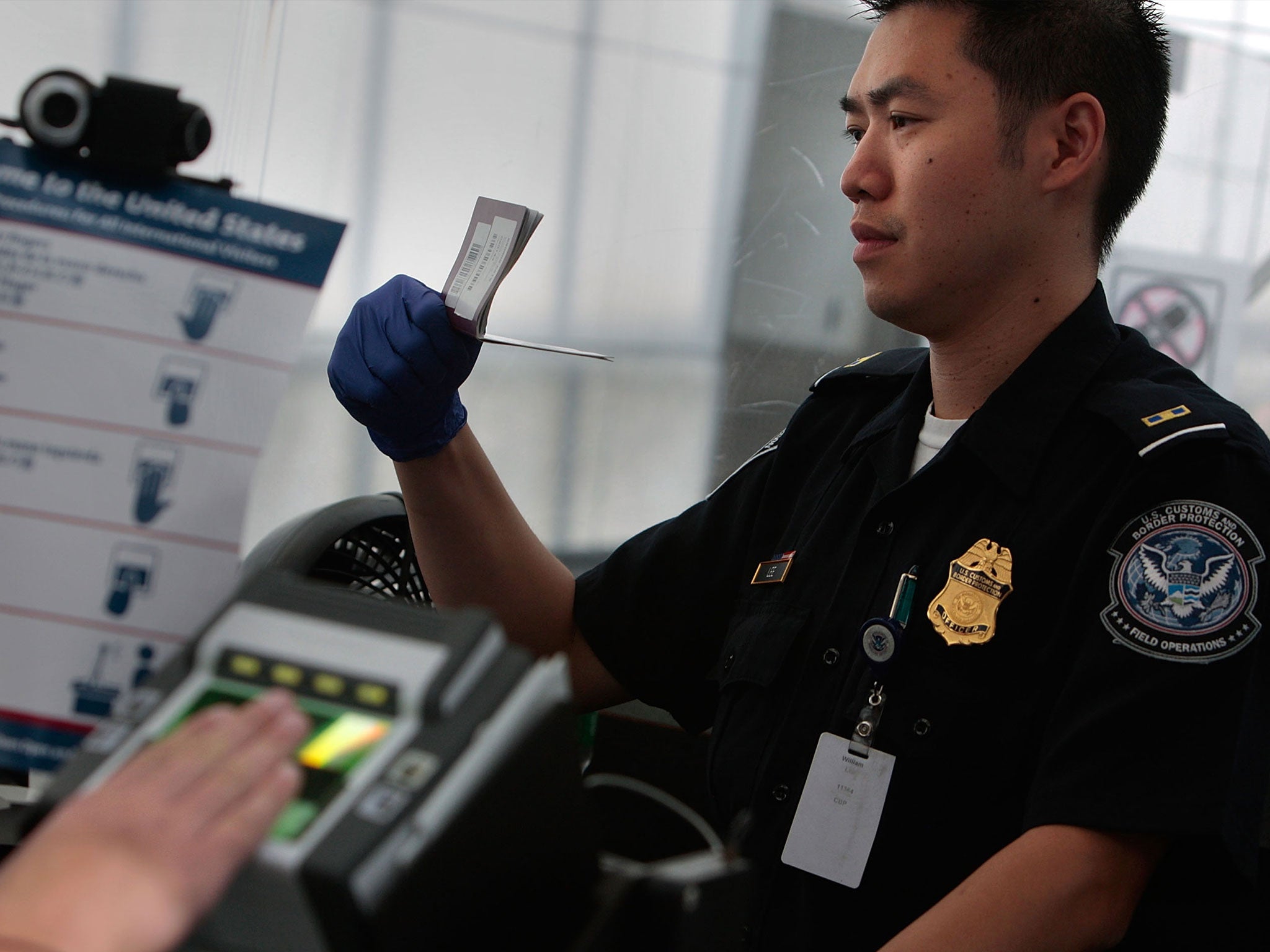Hotel building work is a major pain – can we transfer without stumping up more?
Simon Calder on hotel renovations, EU entry/exit and overnight delays


Q We are facing a holiday nightmare. We’ve booked and paid in full for our trip to Orlando, Florida, in six weeks. However, we’ve just been informed the hotel is being refurbished. We want the holiday company to move us to another hotel, but they won’t without us paying extortionate amounts more. Any advice?
Mark B
A There is never a good time to refurbish a hotel while simultaneously remaining open to guests. But for properties in central Florida, July is among the least bad spells: it is typically the wettest month of the year, and not as busy (or as profitable) as Christmas/new year, spring break or Thanksgiving weekend. So I am not surprised that your chosen hotel is having work done. The question is: how badly will it impact your stay?
Abta, the travel association, points out that keeping infrastructure in good condition is a continuous work in progress: “There’ll always be minor refurbishment and maintenance being carried out at properties and most of these won’t affect the client’s holiday.” Travel companies are not obliged to let customers know about work that will not, in their judgement, affect your enjoyment of the stay. But some firms will let you know as a matter of courtesy.
I hope this is what has happened in this case. Abta says: “If you decided you wanted to change or cancel your holiday due to minor work, you would pay the normal charges in the booking conditions. If, on the other hand, there is major building work, you have more rights.”
Holiday companies are well aware that if building work is likely to impair the enjoyment of your holiday, you should be given the choice of whether or not to continue with the booking – or switch to an alternative hotel without penalty. The fact that you have been refused these options indicates the travel firm believes it will have no impact. All you can do, then, is go ahead with the trip. If it turns out that the refurbishment work is seriously impairing your enjoyment, notify the travel company as soon as you can to give the firm a chance to put things right by moving you to another hotel. If this does not happen, all you can do is seek compensation when you return – which will require evidence, ideally video as well as audio.

Q We’re hoping to have a holiday in mainland Europe this autumn. Will the new entry requirements being introduced in early October affect air travellers in the same way I keep reading about the impact on Eurostar passengers? Should we expect even longer queues at our arrival airports after this date? Would it therefore be sensible to go in late September – or wait until things have shaken down a bit?
Lesley W
A The European Union’s much-delayed entry/exit system (EES) is due to take effect in the autumn, with Sunday 6 October the date that has been most widely discussed. It will significantly complicate access to the EU and wider Schengen area for all third-country nationals who do not require visas – the status chosen by the UK after the vote to leave the European Union. The first time you enter the EU, you will have prints of the four fingers on your right hand recorded, along with a facial biometric.
Inevitably, this procedure will increase the time taken at borders. Delays will be especially acute at the three locations in the UK with “juxtaposed” border controls, where French frontier police check passengers. These are at London St Pancras International, from which Eurostar runs trains to Paris, Brussels and Amsterdam; the Eurotunnel terminal at Folkestone, from which LeShuttle serves Calais; and the Port of Dover, with ferries to Calais and Dunkirk. So far, all the attention has been on these locations because of the potential for massive disruption. But you are quite right to consider the possible impact at airports. For airline passengers from the UK, the checks will happen on arrival. Some estimates from EU nations are that the procedure could take four times longer than currently. As you say, this could make the arrivals experience even worse than it is at present, especially in smaller airports with limited facilities.
I would not alter your planned dates for travel. I think the chances for further postponement are high, and that if EES does go ahead this year, November is probably more likely than October. It goes without saying that anyone fortunate enough to qualify for a passport from Ireland or other EU nations should use it. They will be able to ignore all the queues and go straight through the fast track.

Q My brother was due to fly from London Heathrow to Calgary on Sunday afternoon. He has now been told there is a 30-hour delay because the window screen wiper was broken. They are still holding his luggage. What are his rights?
Rachel B
A Your brother is one of the unfortunate passengers who were booked on WestJet flight 19 from Heathrow to Calgary, due out at 2.30pm on Sunday afternoon. It appears to have been progressively delayed until 9.10pm, at which point the flight was cancelled. Passengers were accommodated overnight and are expected to fly out on a “new” flight, WS4399, with a 30-hour delay.
I have contacted the airline to ask for some specifics of the delay but so far have not had a response. So, I will answer on the basis of what we know so far. As this is a flight from a British airport, UK air passenger rights rules apply. These specify that once a delay reaches five hours, the passenger is entitled to cancel the flight and receive a full refund (not to mention getting their baggage back).
Most people, though – possibly including your brother – would be more interested in reaching their destination as soon as possible. The UK Civil Aviation Authority says delayed passengers should be flown on the original day of travel if at all possible. Had this been arranged, the solution would probably have been to fly on a Sunday early evening flight on British Airways to Montreal or Air Canada to Toronto, with onward connections to Calgary. All of this is academic: it didn’t happen; presumably WestJet hoped and believed the aircraft would be leaving on Sunday evening. By the time the flight was axed, there was no way to go west that evening
It appears WestJet intended for the flight to leave at 11am on Monday, which would have been the fastest way to reach western Canada. That time has slipped by (at the time of writing) more than eight hours. Such rolling delays are deeply frustrating but I shall ascribe good faith to WestJet in trying to solve the problem. Your brother should be entitled to £520 in cash compensation. If there are additional expenses that the airline has not covered, he will be able to reclaim them.
Email your question to s@hols.tv or tweet @SimonCalder






Join our commenting forum
Join thought-provoking conversations, follow other Independent readers and see their replies
Comments